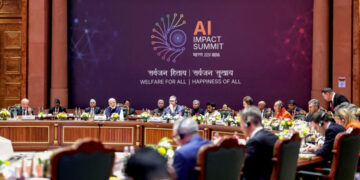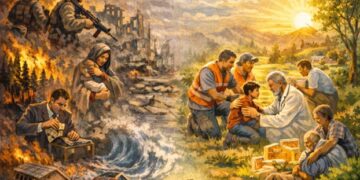For years, winter vacations in Kashmir have been considered a routine part of the academic calendar. With temperatures dipping below freezing, the logic behind closing schools has historically revolved around safety, comfort, and the inability of institutions to provide adequate heating. However, in today’s context, this long-standing practice seems outdated—and, more importantly, harmful to the academic progress of students.
Winter vacations, which frequently stretch for three to four months, have been affecting studies to the worst extent possible. At a time when the world is racing ahead with year-round academic engagement, uninterrupted learning, and advanced classroom infrastructure, our students are forced into prolonged academic breaks. Rather than helping, these breaks disrupt learning rhythms, create academic gaps, and reduce classroom discipline and continuity.
What is even more paradoxical is the fact that students continue their studies during winter in private tuition centres. The very purpose of the vacation is defeated when students bundle up and venture out daily for coaching classes, often in harsher conditions than they would face in a school environment. If they can attend tuition classes in winter, why can’t they attend schools?
This contradiction reveals a deeper issue: the problem is not the season—it is the infrastructure
If schools were equipped with proper heating arrangements, such as electric or oil heaters, insulated classrooms, or even centrally heated systems (just as we rely on ACs in summer), the need for extended winter vacations would drastically reduce. Instead of pausing education for months, it is better to invest in upgrading school infrastructure. Installing reliable heating systems is not just a matter of comfort; it is an investment in uninterrupted learning, student safety, and educational quality. It would also help reduce dependence on private tuition centres, as schools would remain accessible and conducive to learning even in peak winter.
The essence of education lies in consistency and accessibility. Winter vacations, in their current form, break both. If students can attend coaching centres in the same weather, then the argument for shutting down schools loses its meaning.
Kashmir deserves an education system that is resilient, modern, and student-centric. Ending the old culture of long winter vacations and replacing it with well-heated, well-equipped classrooms is a necessary step toward that goal. Ultimately, students should not have to choose between weather and education—and with the right infrastructure, they won’t have to.
seikhiqbalgul@gmail.com




